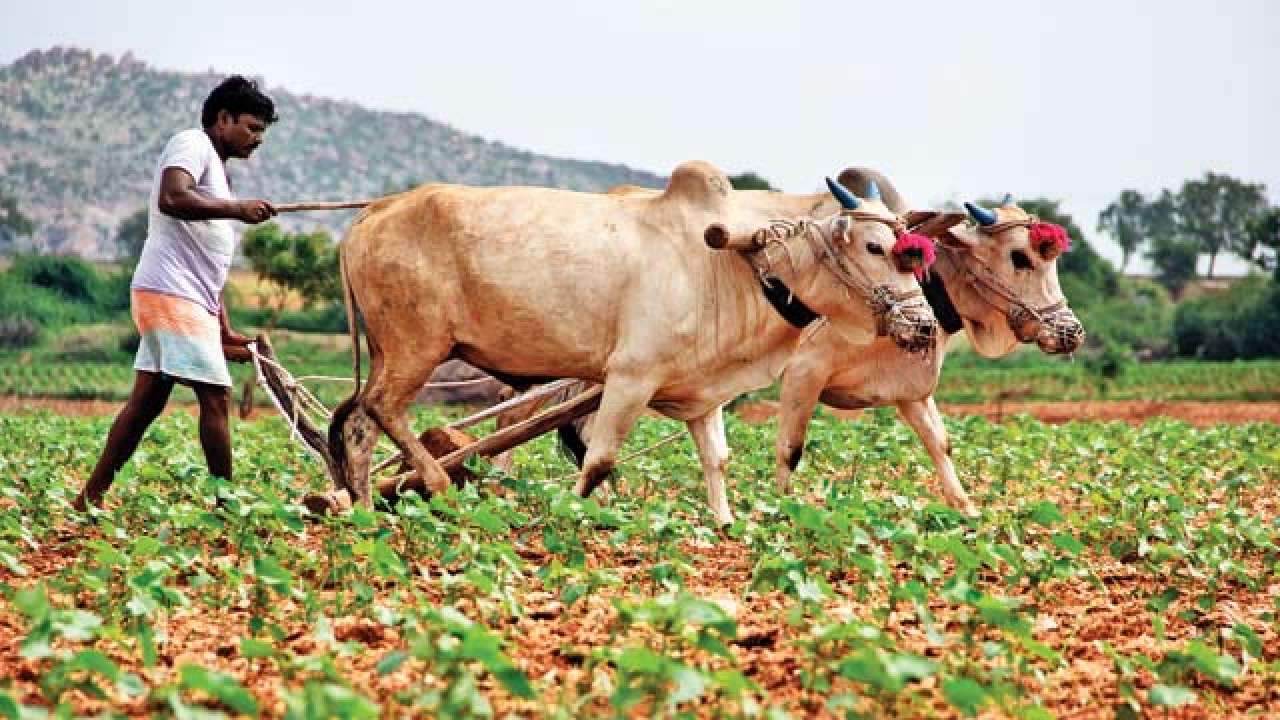
At a time when angry farmer protests seeking an increase in the Minimum Support Price (MSP) for all crops is on an upswing, India faces an uphill task to protect its food procurement operations at the forthcoming Buenos Aires Ministerial of the World Trade Organisation (WTO) from December 10-13. At stake is the very mechanism of providing MSP to farmers.
The United States (US), European Union (EU), Australia, Japan and Pakistan are among the countries insisting on finding a permanent solution for public stockholding programmes in developing countries. At the Ninth WTO Ministerial held at Bali, in December 2013, India had managed to safeguard its MSP provisions under a temporary ‘peace clause’ provisions until a permanent solution is arrived at, by December 2017. The temporary reprieve that India got is now expiring. The interim ‘peace clause’ has enabled India to continue with its food procurement operations, wherein food crops like wheat and rice are procured from small and marginal farmers at an MSP so as to meet the food security needs of a significantly large food-insecure population. Under the ‘peace clause’, no country could initiate any action against India at the WTO for its food procurement operation even if it breached the subsidy ceiling of 10 per cent.
Developing countries were allowed a de-minimis ceiling of 10 per cent of agricultural subsidies under the Aggregate Measure of Support (AMS) provisions. According to the US, EU and some other countries, India had already breached the AMS limits on paddy, for instance, exceeding the upper limit by 24 per cent.
India has firmly conveyed its unwillingness to offer any further concessions for market access to protect its available policy space to purchase grain at MSP from farmers. On the other hand, the US, EU, Brazil, Uruguay and Pakistan have already made it clear that they would not accept any permanent solution on public stock holding unless it contains strong safeguards and incorporates transparency provisions. They are particularly keen that India is not allowed to export from the procured stocks as it distorts the international grain trade.
In addition, the developed countries desire India, and other developing countries, to provide more market access as well as to bring in transparency commitments which include an undertaking that it will refrain from including more crops in its procurement operations. Seeking an approval before adding any more crops to the public stockholding operations or enhancing the MSP, is also sought for.
The G-33 group of countries, which is actually a group of 47 developing countries, led by Indonesia, had already submitted a proposal seeking a satisfactory permanent solution to the vexed issues of public stockholding in developing countries. Its suggestion for not including public stockholding of grains under the AMS provisions has already been turned down by the US, EU and its allies.
Therefore, it will be a very crucial WTO Ministerial for India in particular which is coming under increasing pressure to dismantle the procurement operations.
India will have to negotiate hard and scuttle all moves to cut down on public procurement operations. Failure to do so will be politically suicidal considering the terrible agrarian crisis that prevails and the growing demand for extending MSP to other crops. Although India announces MSP for 23 crops, it actually undertakes procurement for only wheat and rice, and to some extent in cotton and sugarcane.
Failure to play hardball at the time it was required has cost India an opportunity. At the Bali Ministerial in 2013, India had the option of seeking a permanent solution for its procurement operations had it not buckled under pressure to sign on the trade facilitation treaty. Bali Ministerial was an apt opportunity for India to get the world to agree to its proposal of keeping procurement operations outside the AMS subsidy commitments. But it failed.
The only silver lining, I see now, is the decision by India and China to jointly take up a counter-attack demanding to scrap the nearly $160 billion trade-distorting farm subsidies being provided by US, EU, Canada, Norway, Switzerland, Japan and others. Although nearly 100 developing countries are backing the joint proposal, not many efforts to collectively take on the might of the rich and industrialised countries worked in the past. Nor has India ever been able to stand by its demand for reducing the trade-distorting subsidies of the rich countries.
Arm-twisting and economic allurements of the developing as well as least-developed countries, by the industrialised countries in the past, have seen many such collaborations split at the negotiating table. China has already reduced its grain prices for the first time in 10 years, and this does not augur well for the joint effort being put up at the upcoming 11th Ministerial Conference.
A counter-offensive is certainly called for. For that, India will have to negotiate hard to at least ensure that ‘peace clause’ continues for perpetuity. It may otherwise be difficult to fathom the political storm back home if India gives in to more concessions while seeking a permanent solution. Any erosion of the policy space to safeguard food security will certainly have political repercussions, besides serious socio-economic implications.
The author is an agricultural policy analyst. Views expressed are personal.